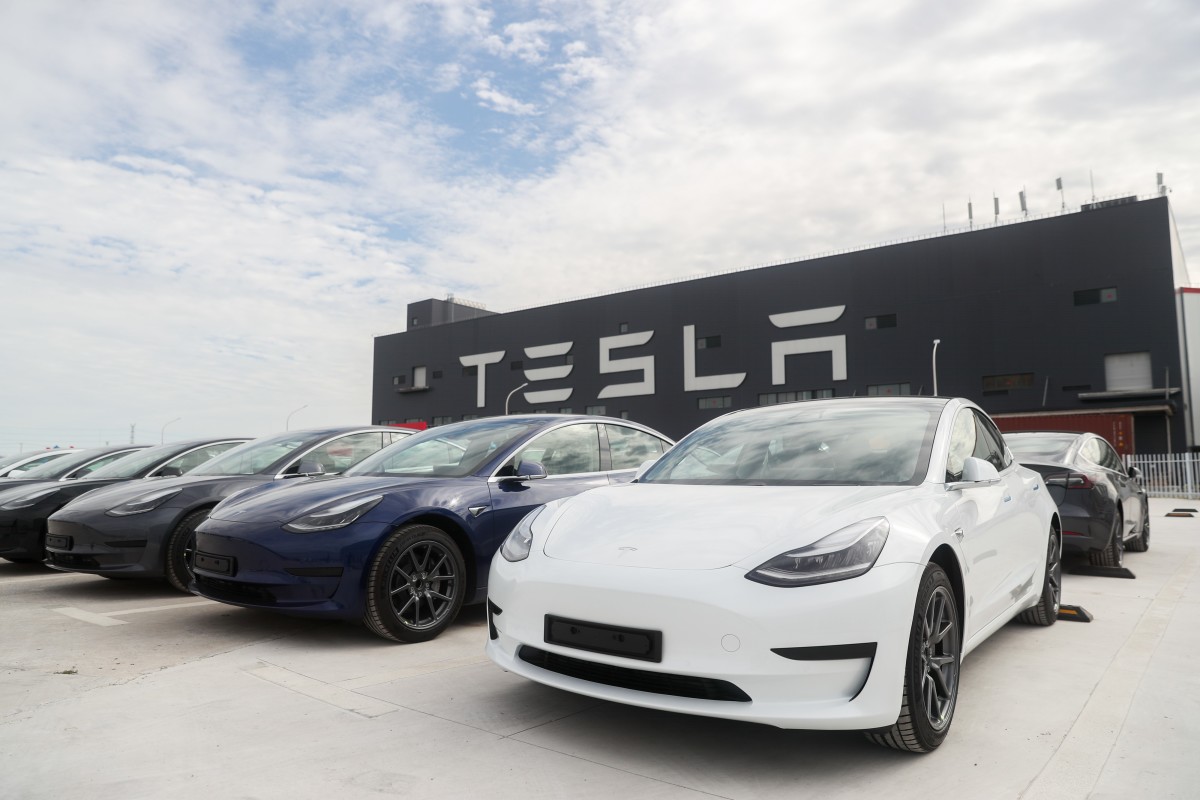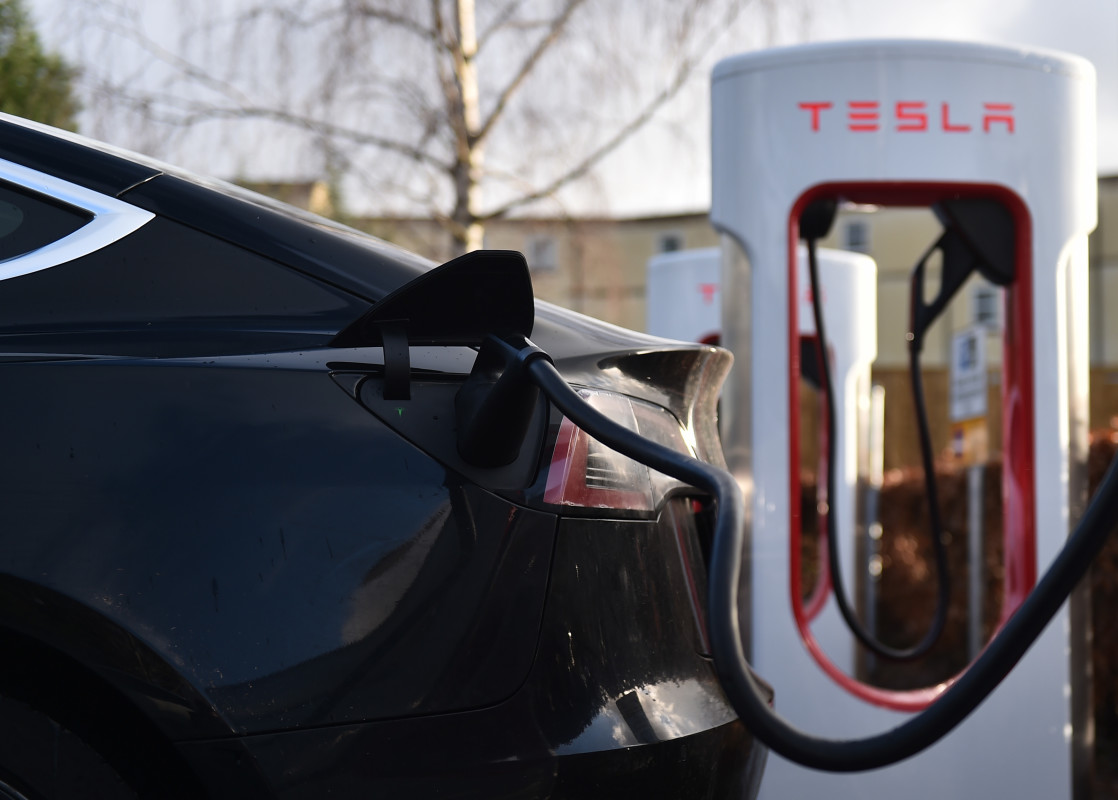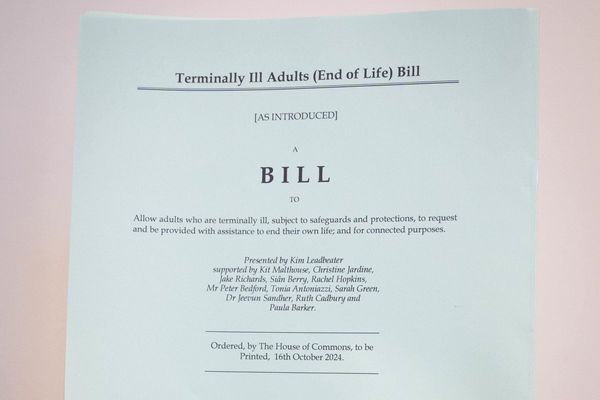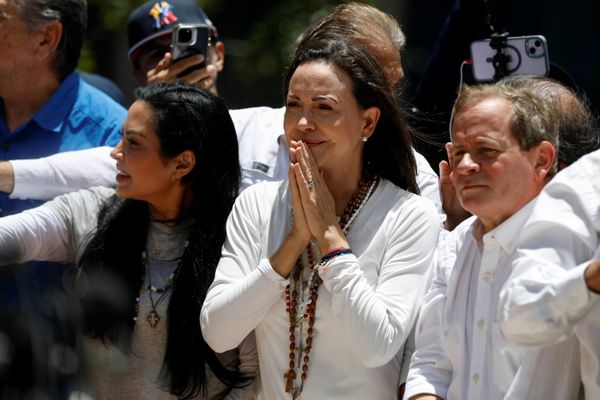
Following new guidance from the IRS and U.S. Treasury Department, Tesla (TSLA) -) on Dec. 13 said that, starting Jan. 1, its Model 3 Rear-Wheel Drive and Model 3 Long Range vehicles will no longer be eligible for the $7,500 federal tax credit.
The company previously expected the credit to simply drop to $3,750.
The guidance, issued Dec. 1, says that vehicles whose battery components are acquired from or assembled by a foreign entity of concern (FEOC) — a designation that includes China — would be ineligible for the credit. Only 10 cars currently qualify for the credit.
Related: Here's the full story behind electric vehicle adoption
The current $7,500 tax credit eligibility will end on Dec. 31, Tesla said in updated language on its website.
A 2023 report by the International Energy Agency found that China accounts for more than two-thirds of global battery cell production, while the U.S. accounts for about 10%.
John Bozzella, president and CEO of Alliance for Automotive Innovation, said in response to the guidance that it is important for the U.S. to transition to domestically produced electric vehicle batteries.
"But the EV transition requires nothing short of a complete transformation of the U.S. industrial base," he added. "It’s a monumental task that won’t happen overnight."
The move, according to a senior advisor to President Joe Biden on clean-energy innovation, was done to "ensure that the electric vehicle future will be made in America.”
Still, the loss of the tax credit eligibility will essentially boost the purchase price of one of Tesla's most popular models at a time when consumer sentiment on EVs is going through some volatility.
Related: New report highlights a major speedbump to mass electric vehicle adoption
Mass EV Adoption
Despite data that indicates that 2023 will be another record year for EV adoption, the growth of that adoption has dropped significantly compared to last year.
This reduction in growth has been exemplified by cutbacks in EV investments by several major automakers.
The U.S. consumer, meanwhile, remains too concerned about three factors — price, range and charging infrastructure —to consider making the switch, according to a coalition of car dealers that have urged Biden to modify his electrification goals for 2032.
The loss of the tax credit could further hurt consumer sentiment around the affordability of EVs, with the purchase price of a Rear-Wheel Drive Model 3, before incentives or estimated gas savings, starting at $38,990.

Musk, who sounded plenty of caution regarding the purchasing capability of the consumer during Tesla's third-quarter earnings call, has said in the past that affordability is what matters most right now.
Indeed, Musk has engaged in price cuts throughout the year that have pushed the average price of a Tesla down roughly 25% year-over-year.
"There is plenty of demand for our products, but if the price is more money than people have, that demand is irrelevant," Musk said in an April post on X.
Contact Ian with tips via email, ian.krietzberg@thearenagroup.net, or Signal 732-804-1223.
Related: World's largest automaker makes a big new bet on electric vehicles
Get exclusive access to portfolio managers’ stock picks and proven investing strategies with Real Money Pro. Get started now.







